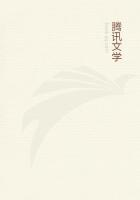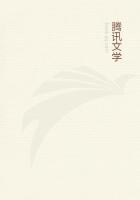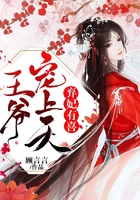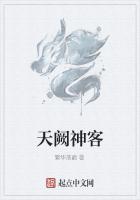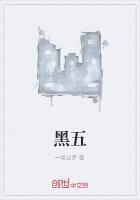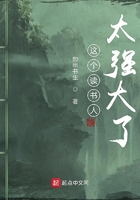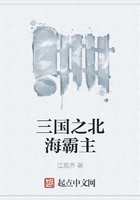In considering the life and labors of Michael Angelo, then, we are to examine whether, in the classical glories of antiquity which he substituted for the Gothic and Mediaeval, he advanced civilization in the noblest sense; and moreover, whether he carried art to a higher degree than was ever attained by the Greeks and Romans, and hence became a benefactor of the world.
In considering these points I shall not attempt a minute criticism of his works. I can only seize on the great outlines, the salient points of those productions which have given him immortality. No lecture can be exhaustive. If it only prove suggestive, it has reached its end.
Michael Angelo stands out in history in the three aspects of sculptor, painter, and architect; and that too in a country devoted to art, and in an age when Italy won all her modern glories, arising from the matchless works which that age produced. Indeed, those works will probably never be surpassed, since all the energies of a great nation were concentrated upon their production, even as our own age confines itself chiefly to mechanical inventions and scientific research and speculation. What railroads and telegraphs and spindles and chemical tests and compounds are to us; what philosophy was to the Greeks; what government and jurisprudence were to the Romans; what cathedrals and metaphysical subtilties were to the Middle Ages; what theological inquiries were to the divines of the seventeenth century; what social urbanities and refinements were to the French in the eighteenth century,--the fine arts were to the Italians in the sixteenth century: a fact too commonplace to dwell upon, and which will be conceded when we bear in mind that no age has been distinguished for everything, and that nations can try satisfactorily but one experiment at a time, and are not likely to repeat it with the same enthusiasm. As the mind is unbounded in its capacities, and our world affords inexhaustible fields of enterprise, the progress of the race is to be seen in the new developments which successively appear, but in which only a certain limit has thus far been reached. Not in absolute perfection in any particular sphere is this progress seen, but rather in the variety of the experiments. It may be doubted whether any Grecian edifice will ever surpass the Parthenon in beauty of proportion or fitness of ornament; or any nude statue show grace of form more impressive than the Venus de Milo or the Apollo Belvedere; or any system of jurisprudence be more completely codified than that systematized by Justinian; or any Gothic church rival the lofty expression of Cologne cathedral; or any painting surpass the holy serenity and ethereal love depicted in Raphael's madonnas; or any court witness such a brilliant assemblage of wits and beauties as met at Versailles to render homage to Louis XIV.;or any theological discussion excite such a national interest as when Luther confronted Doctor Eck in the great hall of the Electoral Palace at Leipsic; or any theatrical excitement such as was produced on cultivated intellects when Garrick and Siddons represented the sublime conceptions of the myriad-minded Shakspeare. These glories may reappear, but never will they shine as they did before. No more Olympian games, no more Roman triumphs, no more Dodona oracles, no more Flavian amphitheatres, no more Mediaeval cathedrals, no more councils of Nice or Trent, no more spectacles of kings holding the stirrups of popes, no more Fields of the Cloth of Gold, no more reigns of court mistresses in such palaces as Versailles and Fontainbleau,--ah! I wish I could add, no more such battlefields as Marengo and Waterloo,-- only copies and imitations of these, and without the older charm. The world is moving on and perpetually changing, nor can we tell what new vanity will next arise,--vanity or glory, according to our varying notions of the dignity and destiny of man. We may predict that it will not be any mechanical improvement, for ere long the limit will be reached,--and it will be reached when the great mass cannot find work to do, for the everlasting destiny of man is toil and labor. But it will be some sublime wonders of which we cannot now conceive, and which in time will pass away for other wonders and novelties, until the great circle is completed; and all human experiments shall verify the moral wisdom of the eternal revelation. Then all that man has done, all that man can do, in his own boastful thought, will be seen, in the light of the celestial verities, to be indeed a vanity and a failure, not of human ingenuity and power, but to realize the happiness which is only promised as the result of supernatural, not mortal, strength, yet which the soul in its restless aspirations never ceases its efforts to secure,--everlasting Babel-building to reach the unattainable on earth.
Now the revival of art in Italy was one of the great movements in the series of human development. It peculiarly characterized the fifteenth and sixteenth centuries. It was an age of artistic wonders, of great creations.
Italy, especially, was glorious when Michael Angelo was born, 1474;when the rest of Europe was comparatively rude, and when no great works in art, in poetry, in history, or philosophy had yet appeared. He was descended from an illustrious family, and was destined to one of the learned professions; but he could not give up his mind to anything but drawing,--as annoying to his father as Galileo's experiments were to his parent; as unmeaning to him as Gibbon's History was to George III.,--"Scribble, scribble, scribble; Mr. Gibbon, I perceive, sir, you are always a-scribbling." No perception of a new power, no sympathy with the abandonment to a specialty not indorsed by fashions and traditions, but without which abandonment genius cannot easily be developed.
At last the father yielded, and the son was apprenticed to a painter--a degradation in the eyes of Mediaeval aristocracy.

